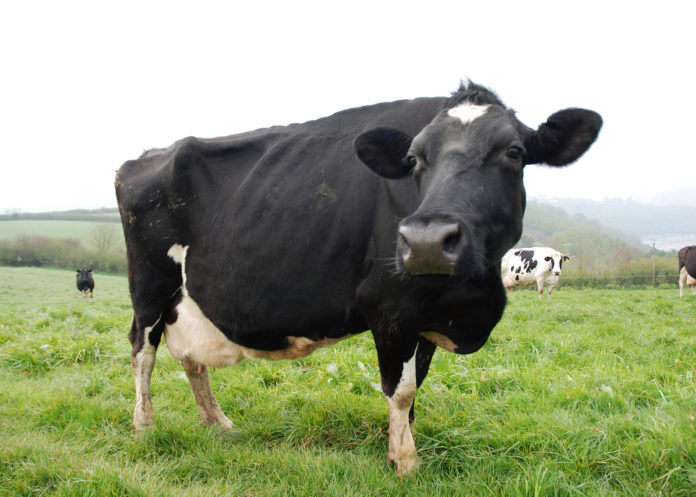
The Department of Agriculture, Food and the Marine will provide personalised Herd Test History Statements and Reports to cattle farmers in the coming days, to help them to reduce the risk of Bovine TB in their herds.
The Bovine TB Forum Interim Report identified the need to provide more effective information to farmers to help them reduce the risk of TB in their herd and advocated for the development of herd risk categories that are “simple, clear, and convey sufficient information to enable farmers to make the decisions appropriate to their situation”.
Against this background the Department has developed individualised reports that provide a simplified TB herd risk category for farmers, with herd-specific advice on how to reduce risk of TB.
Farmers are already provided with information in relation to their TB risk, but this new report presents this in a very much more user friendly, detailed and practical form.
In addition to developing the TB Herd History Risk Statement, the Department of Agriculture, Food and the Marine has advanced a number of other recommendations:
- It has commissioned an independent review into the On Farm Market Valuation scheme to ensure farmers are receiving accurate market values for reactor animals
- It has commissioned an independent Cost Benefit Analysis of the TB Programme to inform the development of a sustainable funding model for the Programme into the future
- It has continued to fund independent scientific research into inter species transmission of the disease including the factors influencing local spread
- It has engaged with the Economic and Social Research Institute to undertake research into behaviours relating to the programme
- It has rolled out a number of High Impact TB (HIT) plans in TB problem areas, including Monaghan, Cavan and Clare
Furthermore, as part of its on-going commitment towards TB eradication, the department has sanctioned an additional 16 posts across policy, operations, wildlife and the laboratory services, at an estimated additional annual cost of €1m per annum.
The objective of these measures is to provide farmers with new tools to reduce their own risk, and to target additional Departmental resources at in a way that will have a real impact on the incidence of a disease that results in the imposition of significant cost on every livestock farmer in the country.
Following many successful years of reducing bovine TB levels to the benefit of Irish farmers, there has been a concerning incremental increase in the disease since 2016. This has continued in 2020 with further increases in herd incidence and reactor numbers observed.
Herd incidence (on a 12-month rolling basis) has breached 4% for the first time since 2012 and reactor numbers have exceeded 20,000 – the highest number since 2009. These trends highlight the need for urgent action to manage the risk more effectively.







